|
Through ten Children’s Parliaments, children are learning about their rights and responsibilities, developing leadership skills, learning about the political system and election process of their country and how to campaign about the issues that matter to them. Here are some of the highlights, from the Children's Parliaments over the past few months.
Bebe lives in Ambedkar Nagar Digha, with her husband and their children. She has been through unimaginable challenges as a mother, and the Women's Group she is part of has helped her at every step; brightening her life and supporting her to become a successful shop keeper.
Nisha comes from an especially marginalised Musahar community in Patna. She stopped going to school after class six because she suffered abuse from the teachers there.
She says, “My teacher would ask me to read in front of the class. As I was not able to read properly, he used to beat me, so I stopped going to school. Actually, I was punished every day. It was getting tougher for me to continue. Later I started coming to the Learning Centre and have now been attending for the last one and half years”. Since we started working with Dalit communities in Bihar State, one of the main requests from the children has been to set up some computer training, alongside the Learning Centres and Women’s Groups. Consequently, our partners have set up a Computer Centre, open to all children at the Centres. In two shifts, 20 students come and learn basic computer skills each day.
At the start of July we visited a number of Dalit communities in Patna, India to learn from many of the inspiring people who live there. One of these communities was Bintoli, home to one of the 27 Learning Centres we support here for Dalit children. All the Dalit groups we work with in Patna face discrimination, exclusion and violence, but Bintoli also has to cope with regular flooding. The village is situated in the middle of the river, and becomes an island for about two months a year during rainy season. Over this time the 500 people who live here are completely isolated. They were forced to move to Bintoli from another area when the government built a railway, then half the community lost their land in floods. All the people here now have to rent off the land mafia. Read below as we introduce a group of resourceful, dedicated people, who against all odds are making a difference for others around them.
Despite the fact that discrimination based on caste was outlawed by India’s constitution in 1950, the practice of ‘untouchability’ still dictates the order of modern life for millions here.
Yesterday, voting kicked off for the world’s largest election, with Indians in 20 states casting their votes in the first of seven phases, leading up to counting on the 23rd May. With 900 million eligible voters, this is the largest election ever seen, but an illegal yet culturally pervasive caste system is stunting the course to genuine democracy.
Last year on International Women’s Day, we highlighted the plight of Dalit women in India, who not only face crippling discrimination and abuse because of their gender, but also because of their caste.
The theme was ‘Press for Progress’ and since then we have been supporting our partners to do just this, ready to celebrate their achievements this year, with the theme ‘Balance for better’. To help create safe places for vulnerable children around the world, we empower women (and men) to realise their rights. We work with the community as a whole, rather than providing stand alone children's services. Communities have a right to build protective environments for their own children, and over the years we have seen that this ownership is the key to lasting change. In Patna, India, you can see this in action through the 50 Women’s Groups run by our partner organisation, Navjeevan. The groups offer meetings and workshops which talk about health issues, governments schemes and free services available for poor women. We help these women to access vital medical services, like maternity care, by accompanying them to the hospital, or assisting with filling in the correct paperwork. As a result of these groups, countless women have started to see incredible change in their lives, many going on to support other women. Take a look at just some of the amazing stories below. Despite the caste system being outlawed, Dalit children in India are shunned by society and suffer from exclusion, discrimination and exploitation. Through 30 Learning Centres, Children on the Edge are supporting these children to break the cycle of caste discrimination.
An important part of this education is helping children understand their rights. This is not only reflected in the curriculum, but recently through the establishment of ten ‘Children’s Parliaments’, where children learn about their rights and responsibilities, develop leadership, and learn the political system and election process of their country. After a double trip to our projects in Bangladesh and India this month, our International Director - Rachel Bentley shares five highlights that reflect some great progress for the children we work with.
|
RECEIVE OUR EMAILSBlog Categories
All
Archives
April 2024
|
|
JOIN US ON SOCIAL MEDIA
|
Annual Report | Contact Us | Jobs | Media Centre | Resources | Shop
Accessibility & Policies: Accessibility | Equity, Diversity & Inclusion Policy | Complaints| Privacy Policy | Safeguarding
Accessibility & Policies: Accessibility | Equity, Diversity & Inclusion Policy | Complaints| Privacy Policy | Safeguarding
Children on the Edge, 5 The Victoria, 25 St Pancras, Chichester, West Sussex, PO19 7LT, UK | 01243 538530 | communications@childrenontheedge.org


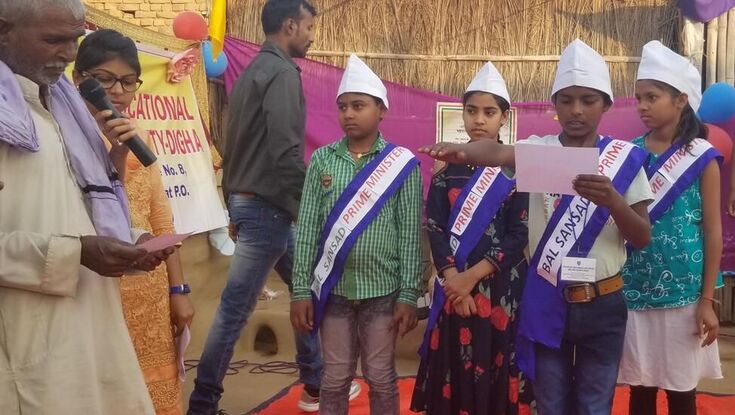
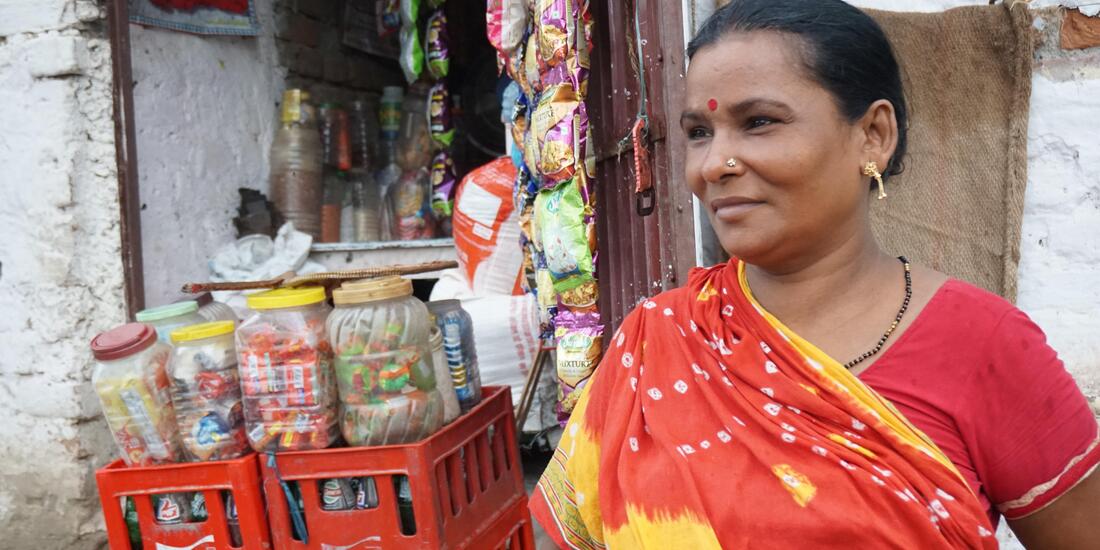
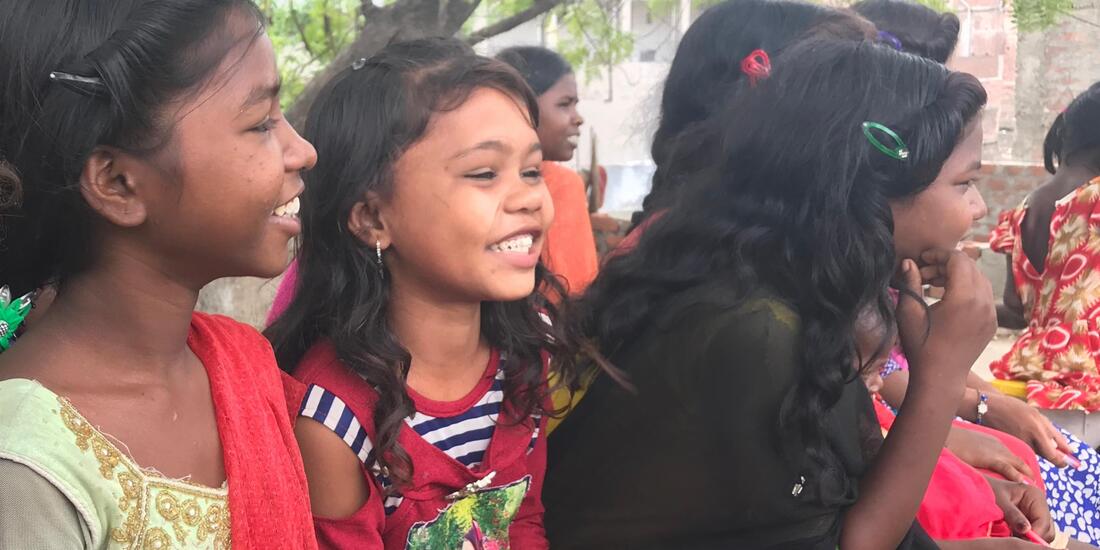
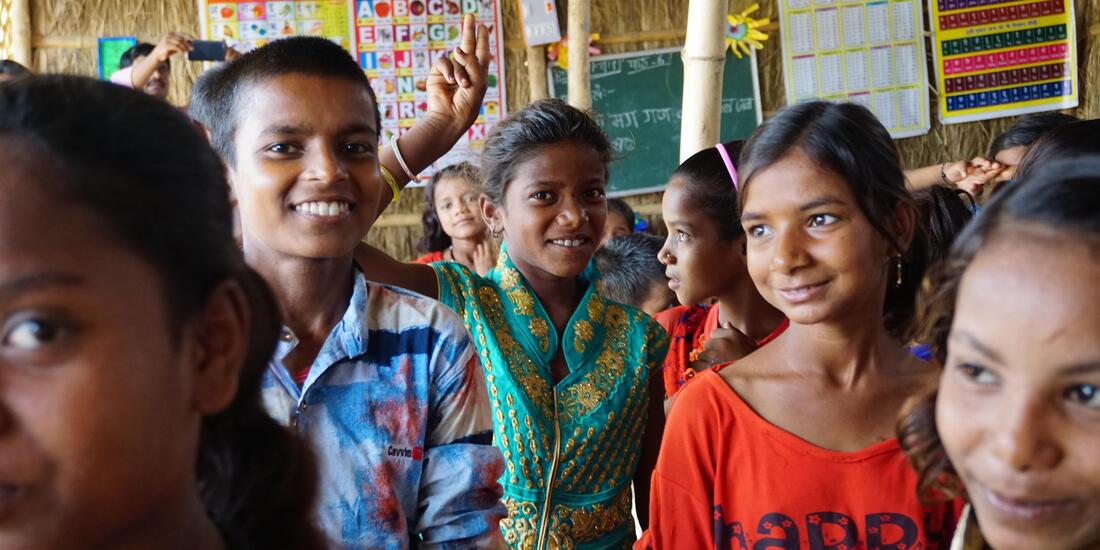
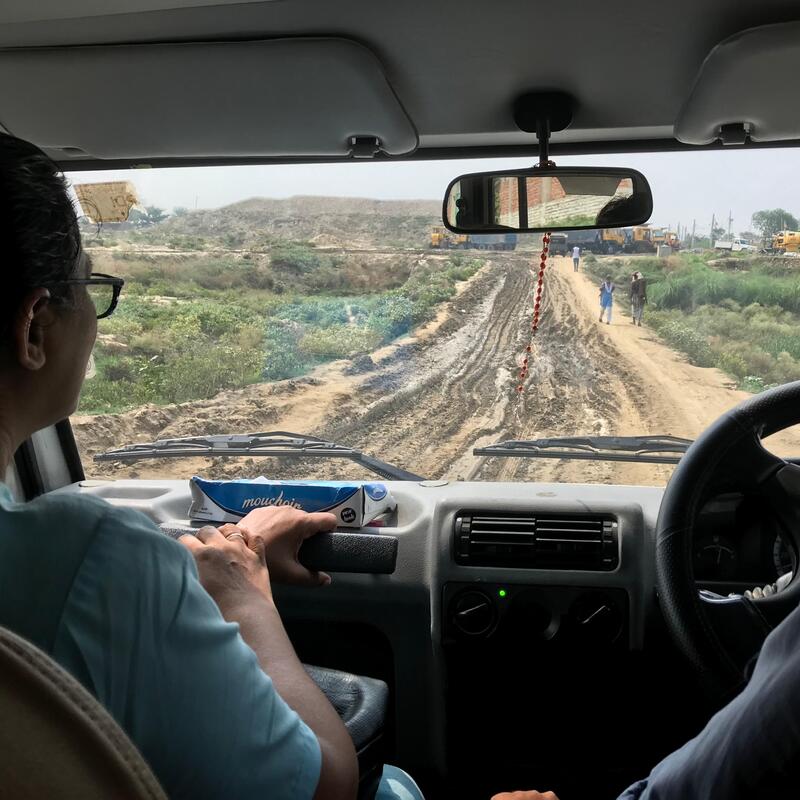
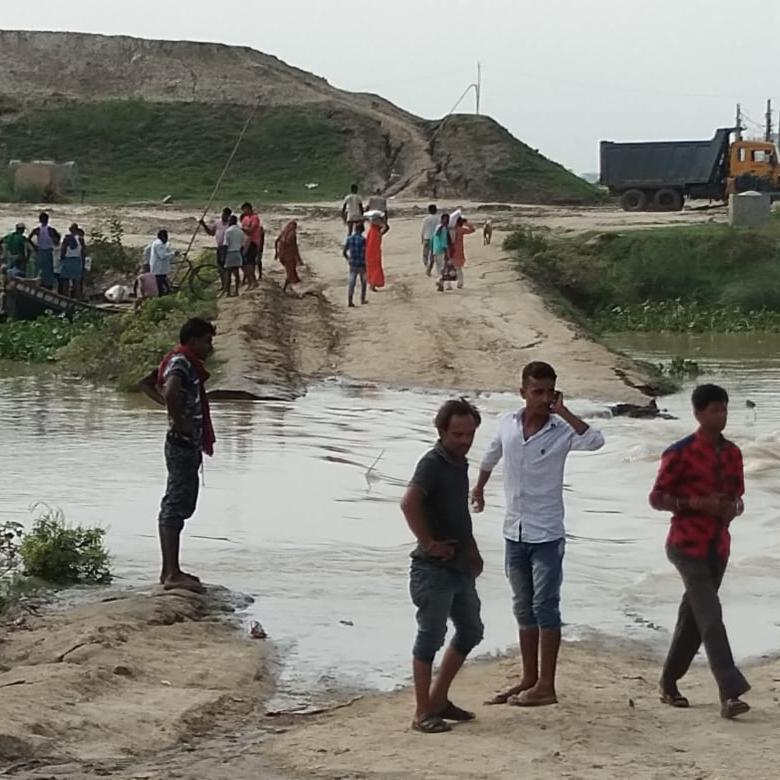
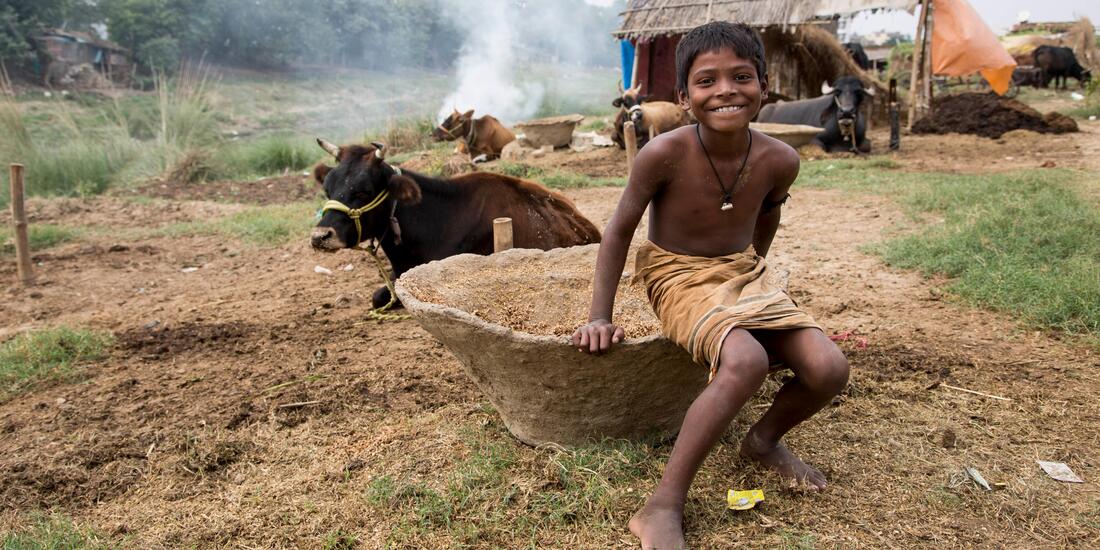
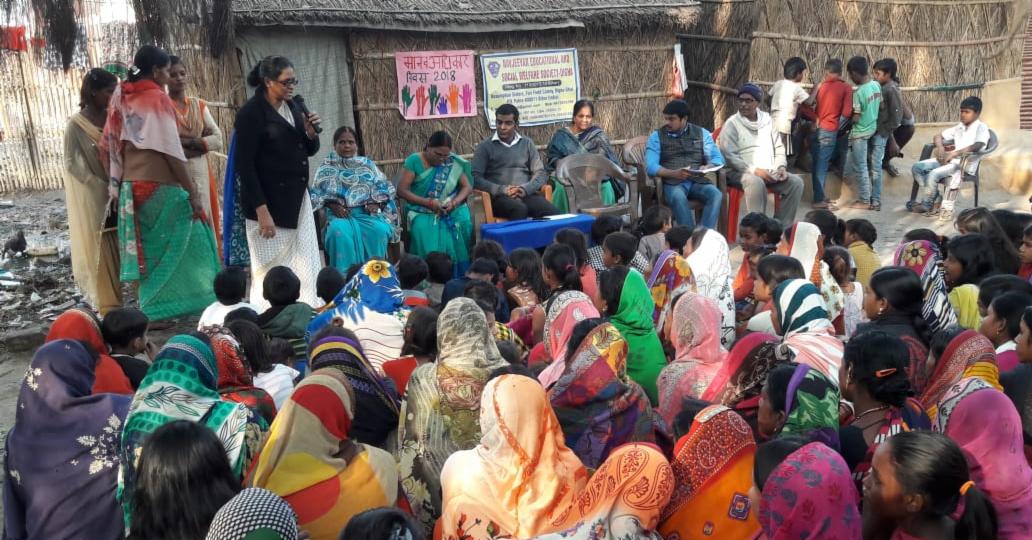
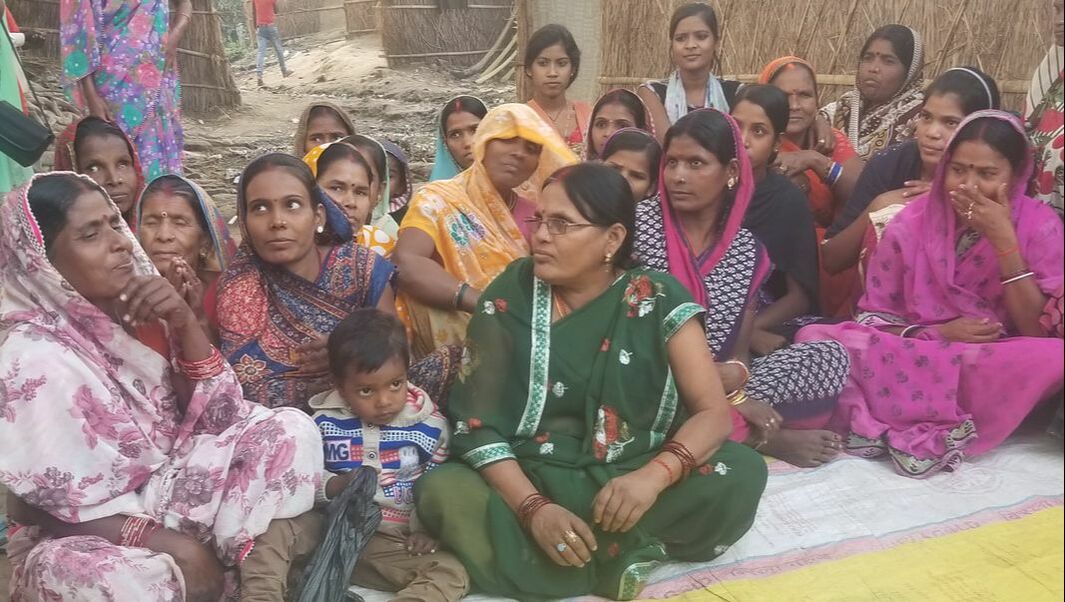

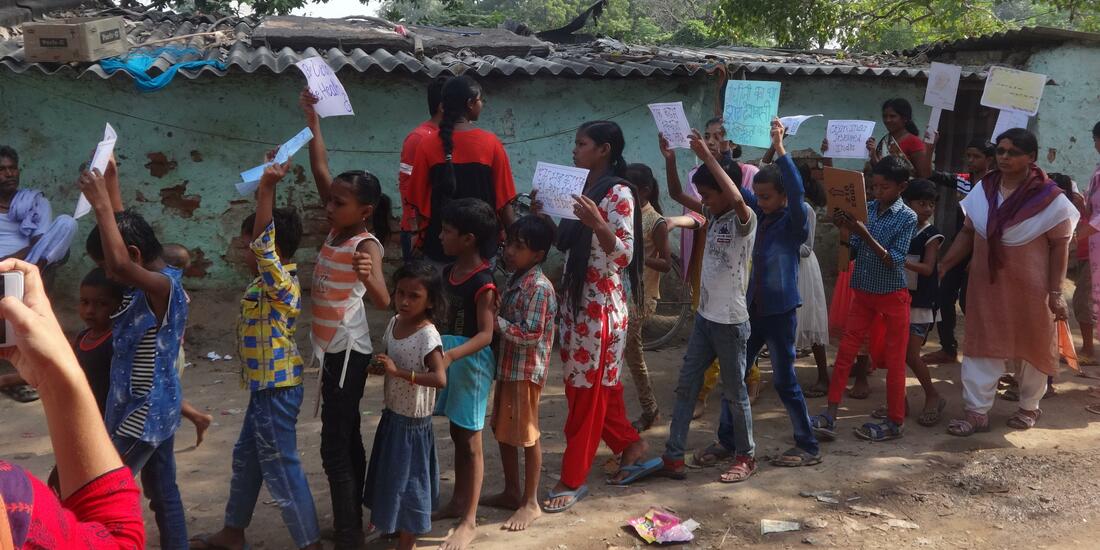
 RSS Feed
RSS Feed
